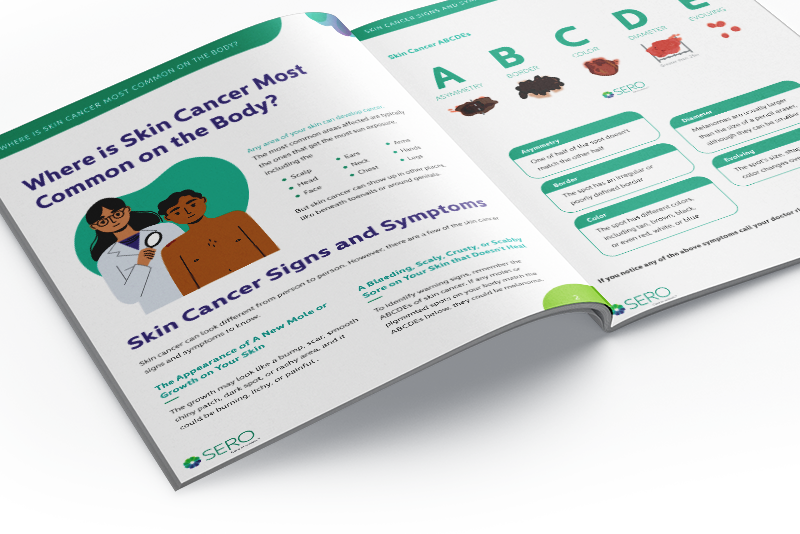It is important that you fully understand the potential benefits, side effects of radiation, and goals of radiation therapy. Your radiation oncologist and radiation oncology nurses are available to answer any questions you may have during treatment. They are the best source of accurate information about your particular case.
Being prepared with the right questions helps you:
- Make informed treatment decisions
- Understand what to expect during radiation therapy
- Feel more confident about your care
- Build a strong relationship with your radiation oncologist
Coping with a diagnosis of cancer, researching the various treatment options, and even understanding your treatment experience can be stressful. To assist you in this process, below is a list of questions you may or your family want to ask your radiation oncologist throughout your cancer experience.



